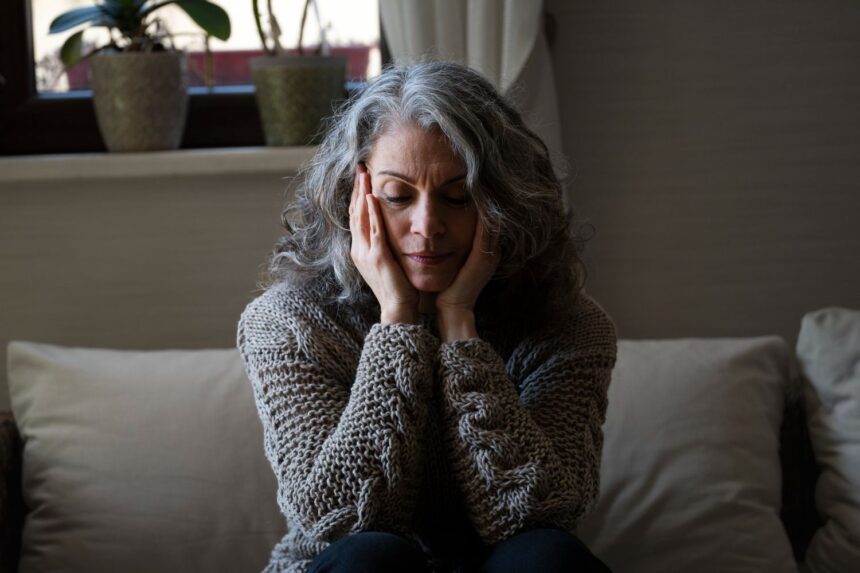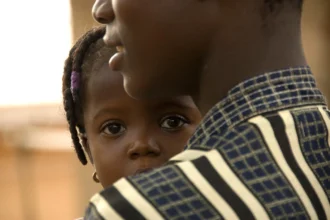In today’s dynamic society, attention frequently gravitates towards the young. Their vibrant challenges, dreams, and milestones often become the center of discourse. Consequently, the older generation’s battles fade into the background. However, among these overlooked struggles, one issue is particularly alarming: domestic violence against elderly woman.
Delving into this topic, we discovered startling realities. Elderly women, who should be enjoying their golden years, are facing threats. Surprisingly, these threats often lurk within their own homes. This isn’t just about physical harm. It’s a profound violation of their basic human rights.
Through our research, we aimed to shed light on this dark corner of society. Our goal was twofold. Firstly, to raise awareness about this pressing issue. Secondly, to advocate for the rights and safety of these women. After all, they’ve spent lifetimes nurturing families and communities. It’s high time society reciprocated that care.
In the subsequent sections, we’ll delve deeper. We’ll explore the causes, implications, and potential solutions. Together, we can work towards a society where every individual, regardless of age, lives with dignity and safety.
The Hidden Agony: When Safety is Compromised
Elderly women, having navigated life’s challenges with grace and strength, now confront a disturbing reality. Their homes, traditionally seen as havens of security, can morph into places of distress. Instead of finding solace in familiar surroundings, they grapple with emotional, physical, and financial abuse.
This maltreatment extends beyond mere physical pain. Emotional wounds, often invisible, can be the most damaging. Financial manipulations further strip them of autonomy, adding insult to injury.
Fear of retaliation, shame, and the desire to protect family reputation can muzzle the voices of victims.
At the heart of this issue is a deeper transgression. Their fundamental human rights, which should be inviolable, are disregarded. As we delve deeper in the following sections, we’ll examine the underlying causes and potential solutions. Our goal is to champion a world where every elderly woman is treated with the dignity and respect she has earned.
The Roots of the Crisis: Understanding the Drivers of Abuse
When we delve into the reasons behind the abuse faced by elderly women, a complex web of causes emerges. At the forefront are societal norms that have been ingrained over generations. These norms often place undue value on youth, sidelining the elderly and diminishing their worth. Such ageist attitudes, unfortunately, are not relics of the past but persist in modern times, subtly influencing perceptions and behaviors.
Another significant factor is the stereotype of frailty associated with aging. This perceived vulnerability can make elderly women appear as ‘easy targets’ for potential abusers. The assumption that they may be less likely to retaliate or even recognize abuse can embolden perpetrators.
The struggles they face, particularly domestic abuse, are not mere statistics. They are real, heart-wrenching stories that demand our attention.
Compounding these issues is the shroud of silence that often surrounds domestic abuse. The reasons for this silence are manifold. Fear of retaliation, shame, and the desire to protect family reputation can muzzle the voices of victims. Additionally, societal pressure, which often prioritizes family unity over individual well-being, can deter elderly women from speaking out.
This combination of ageist attitudes, societal norms, and the weight of silence creates a conducive environment for abuse. Recognizing and addressing these root causes is crucial. Only by understanding the depth and breadth of the problem can we hope to forge effective solutions and create a safer world for our elderly.
Rallying for Change: Prioritizing the Safety of Elderly Women
Change begins with recognition. When we bring to light the challenges faced by elderly women, we take the initial step in a journey towards a more inclusive society. These women, who have contributed immeasurably to our communities, deserve more than just acknowledgment. They deserve active efforts to ensure their safety and dignity.
The struggles they face, particularly domestic abuse, are not mere statistics. They are real, heart-wrenching stories that demand our attention. By raising awareness, we not only give these issues the attention they deserve but also challenge prevailing norms that perpetuate such abuse.
But awareness alone isn’t enough. It must be coupled with tangible actions. This means implementing policies that protect the elderly, offering resources for those in need, and creating platforms where their voices can be amplified. It’s about fostering a culture where their well-being is prioritized, and their rights are non-negotiable.
The onus is on us, as a society, to ensure that the plight of elderly women is not sidelined. Their silent cries, often muffled by fear or societal expectations, must resonate in our collective conscience. By rallying for change and championing their cause, we can pave the way for a future where every elderly woman lives free from fear and full of dignity.
Adapted from an academic study for a wider audience, under license CC BY NC SA 3.0.









